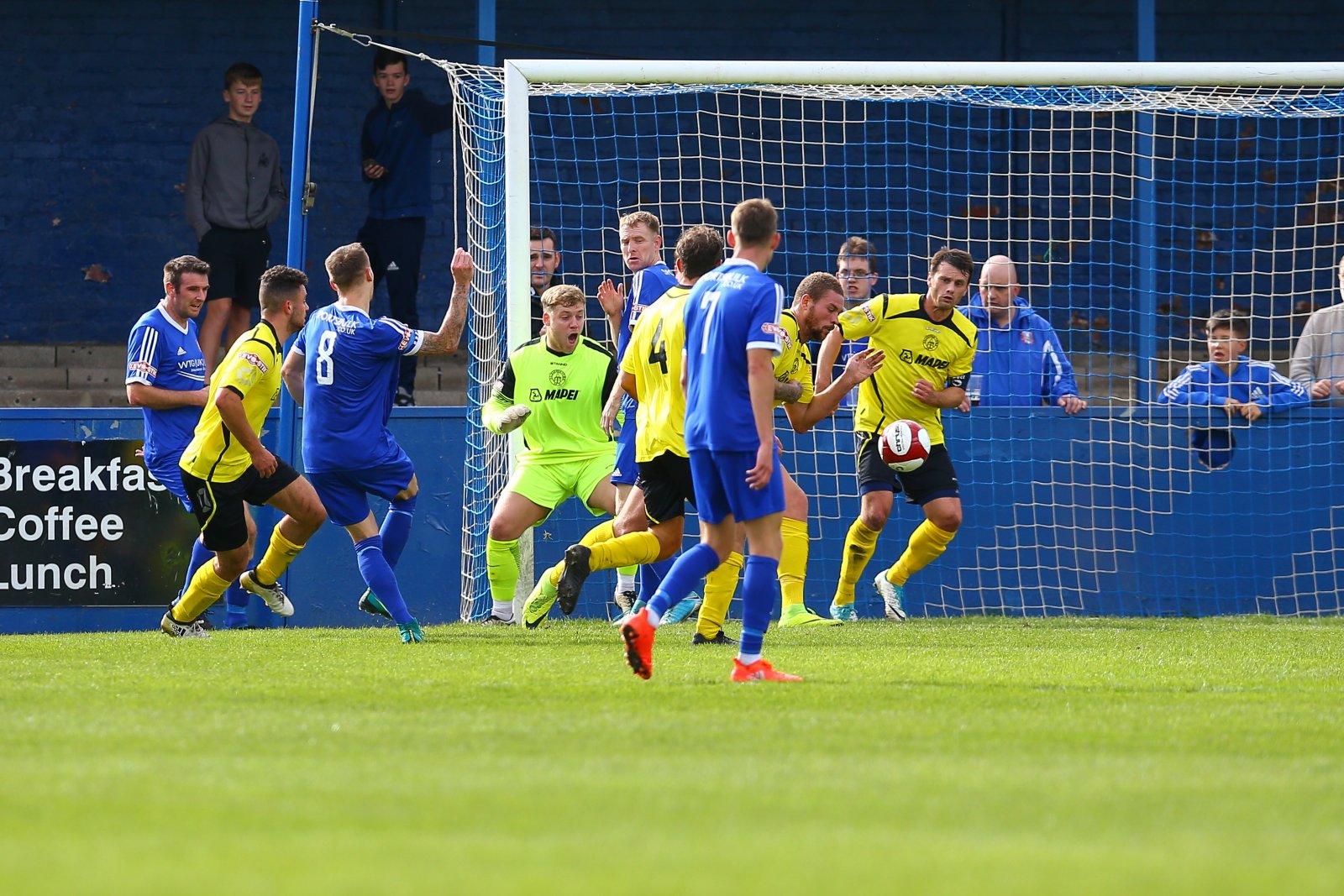
By Matt Badcock
The tables across the page don’t make for great reading with the asterix out in full force.
An ideal world of all Non-League football being settled on the pitch rather than in hearings, seems far away.
Every season clubs lose points for breaching registration rules and it doesn’t exactly help a sales pitch for these levels of the game. Clearly there have to be strict rules and, by and large, the majority of clubs stay within them.
When the number of clubs falling foul of them in the same season rises – six Northern Premier League clubs in the past fortnight, while two in the Bostik South have had points deducted – it raises the question of why? Is there a flaw in the process?
A secretary recently told me it feels as if you need an A-Level at times to make sure everything is spot on. There are different processes for contract players, loans, youth loans, international clearance – and that’s before getting into the minefield of players with duplicate records.
As ever, the answer to the problem is complicated as Northern Premier League chairman Mark Harris explained this week.
“In the old days, the manager would carry a sheet of papers, get the player to sign the paper and send it in,” Harris says, talking generally about the recent breaches.
“That’s not the end of the process, particularly if it’s a player coming on loan, particularly from a Football League club. Registration rules are there for the protection of clubs.
“Ironically rules only get tightened as a result of breaches. Down the years, without mentioning names, there are some who have deliberately tried to mislead. Very often you put new legislation in place after the horse has bolted so you’re always playing catch up.”
Harris points out that it is no coincidence clubs are splitting the duties between a club secretary and match day secretary. As all leagues, they try to explain potential pitfalls to clubs and regularly hold meetings with Step 5 clubs to give an insight to how things work higher up the Pyramid.
In recent seasons we’ve seen appeals drag on close to the end of the season but Harris explains how a speeding up of the process is hopefully stopping that.
Double jeopardy
“The Football Association is trying to do its level best to make this as simple as possible,” he said.
“Last year we had a number of cases where the league had to wait for the Football Association to detect the problem, write to the club for observations, sanction the club, hear the case as appropriate, and then it got brought to the league.
“If someone in the Premier League was doing something naughty, that inevitably got put ahead of Fred Bloggs playing for Witton Albion doing whatever he’d done.
“That was causing a lot of problems for clubs in Steps 3 and 4 – possibly also in 1 and 2 – where the workload going through the FA’s registration department was such that it was taking a huge, long time for the case to finally wind up with the league.
“So what’s been done this year, which is certainly better, a breach gets detected, the FA looks at it and effectively passes it to the league – it doesn’t make a decision.
“Sometimes when a club gets a letter saying, ‘Fred Bloggs has been found doing X, Y, Z. They are guilty, but effectively, we the FA, are warning you’. Some clubs interpret that’s the end of the matter.
“But the rules are very clear – it is the league that is the sanctioning body. Another subsidiary reason why the rules were changed last year was you almost had double jeopardy. ‘Why should I be sanctioned by the Football Association and then clobbered again by the league?’
“So it’s a tidying up, and certainly an improvement, but there is an education there to be done. Again, we’re talking about clubs run by volunteer secretaries.
“It’s a tough ask.” And one, as Harris says himself, that needs to be ironed out to consign the ‘*’ to history.
*This article originally featured in The @NonLeaguePaper which is available every Sunday and Monday




















